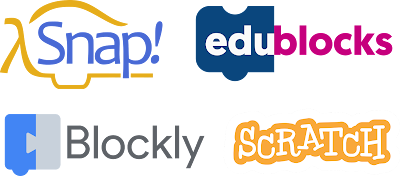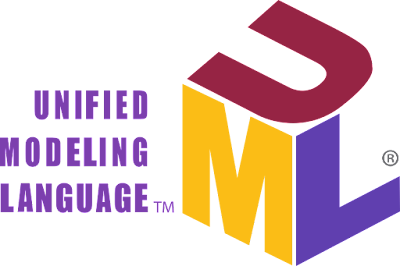
I am one of those people who choose to publish their ideas on a blog.
The practical reason behind doing this is so that in a conversation I can refer my interlocutor to a text which elucidates my points better than I could conversationally. Admittedly, the opportunity to do this does not arise as often as I wish it did, and even when it does happen, about half the time the interlocutor appears to be reluctant to go and actually read the post, so let's just say that I publish my ideas mainly because I like doing it.










